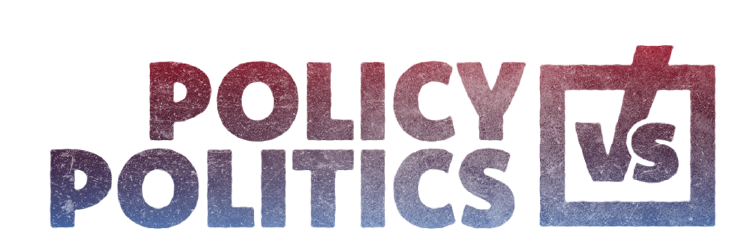Civic engagement is an essential aspect of democracy. It encourages individuals to take part in public life and actively contribute to society—from voting and volunteering to protesting and advocating for change.
But why does it matter?
Continue reading to discover why civic engagement is important and how you can use your voice to make an impact in your community. Plus, get tips for participating in local and national events, learn how to use social media to effect change and find out about kid-friendly civic engagement ideas.
What is Civic Engagement and Why Does it Matter?
The term “civic engagement” is often used interchangeably with expressions like “community involvement,” “civic responsibility” and “public participation.” But civic engagement is much more than the general collective concept of community involvement.
Civic engagement represents the opportunity for individuals to take part in a democratic society and work together to address social issues through collective action. It empowers people to use their rights and responsibilities as citizens to use their voice for good and help make things better for everyone.
Four Types of Civic Engagement
There are four types of civic engagement: civic action, civic commitment, civic skills and civic cohesion, all of which are all necessary for a healthy, thriving democracy. These types of civic engagement include a wide range of actions that individuals can take to effect change and promote the public good, ranging from direct actions like volunteering and protesting to more subtle but equally important efforts like fostering community connections and developing civic skills.
Civic Action
Civic action involves individuals taking direct action to address a social issue or problem. For example: marching in protests, writing letters to elected officials or signing petitions.
Civic Commitment
Civic commitment refers to the personal investment individuals make in their communities or society as a whole. This can involve volunteering, donating to charity or simply being an active member of the community.
Civic Skills
This type of civic engagement refers to the knowledge and abilities individuals need to effectively participate in civic life, including critical thinking, problem-solving, communication and leadership skills.
Civic Cohesion
Civic cohesion focuses on nurturing relationships between individuals and groups in order to strengthen cooperation and collaboration. This includes community-building activities like neighborhood clean-ups or local events.
Civic Engagement Examples
Anyone can participate in civic engagement, regardless of their level of experience or knowledge. Some easy ways to get involved include:
Voting – The Most Well-Known Form of Civic Engagement
Voting in local and national elections is one of the most basic forms of civic engagement. It gives citizens a voice in the political process and allows them to elect leaders who share their values and priorities.
Demonstrating Your Values Through Local Actions
Attending town halls, supporting charity events and volunteering in schools are all valuable ways to take part in civic engagement. Other ways to demonstrate civic engagement include:
- Volunteering at a local food bank or shelter
- Donating to a local charity or nonprofit organization
- Participating in a neighborhood watch program
- Joining a community organization or club
Getting Creative – Using Social Media to Make a Difference
Individuals can leverage technology to spread awareness about important causes and brainstorm creative ways to make their voices heard and have an impact on their community. By sharing informative posts, creating online petitions and joining online communities dedicated to a cause, individuals can use social media to mobilize support and effect change.
Leading by Example
Voting, donating and often volunteering all require participants to be of a certain age, but that doesn’t mean children can’t get involved. Lead by example and show children the value of civic engagement by getting them involved too!
- Community service. Children can join in community service activities, like cleaning up parks, planting trees and assisting at local food banks or homeless shelters.
- Fundraising. Children can participate in fundraising activities, such as bake sales, car washes, to raise money for a cause.
- Voting in mock elections. Children can use mock elections held by their schools as an engaging and fun way to learn about the election process and the importance of voting.
Why is Civic Engagement Important?
Not only does civic engagement give people a seat at the table when it comes to the decisions that affect their lives—everything from local zoning laws to national healthcare policy—but individuals can make a larger impact in their community and beyond.
Additionally, civic engagement fosters a sense of shared responsibility and collaborative action, which helps to develop stronger, more resilient communities. When people work together, leveraging their collective voices and actions, they can bring about meaningful change and work towards creating a better future for themselves, their families and future generations. Civic engagement can lead to increased social cohesion, stronger networks and a deeper sense of community.
Lastly, civic engagement can have several personal benefits for individuals as well. It can help build skills and knowledge that are useful in both personal and professional contexts, leading to increased self-esteem and provide a sense of purpose.
Conclusion
Civic engagement empowers individuals to contribute to the public good and effect change on a larger scale. By understanding the importance of civic engagement and participating in it in our daily lives, we can build stronger communities. Whether through voting, volunteering or just being an active member of one’s community, everyone has the ability to make a difference and unlock the many benefits of civic engagement.
Join in the conversation and participate in civic engagement with Policy vs Politics.
Follow us on socials (@plcyvspltc), check out our blog and learn how to get involved.

